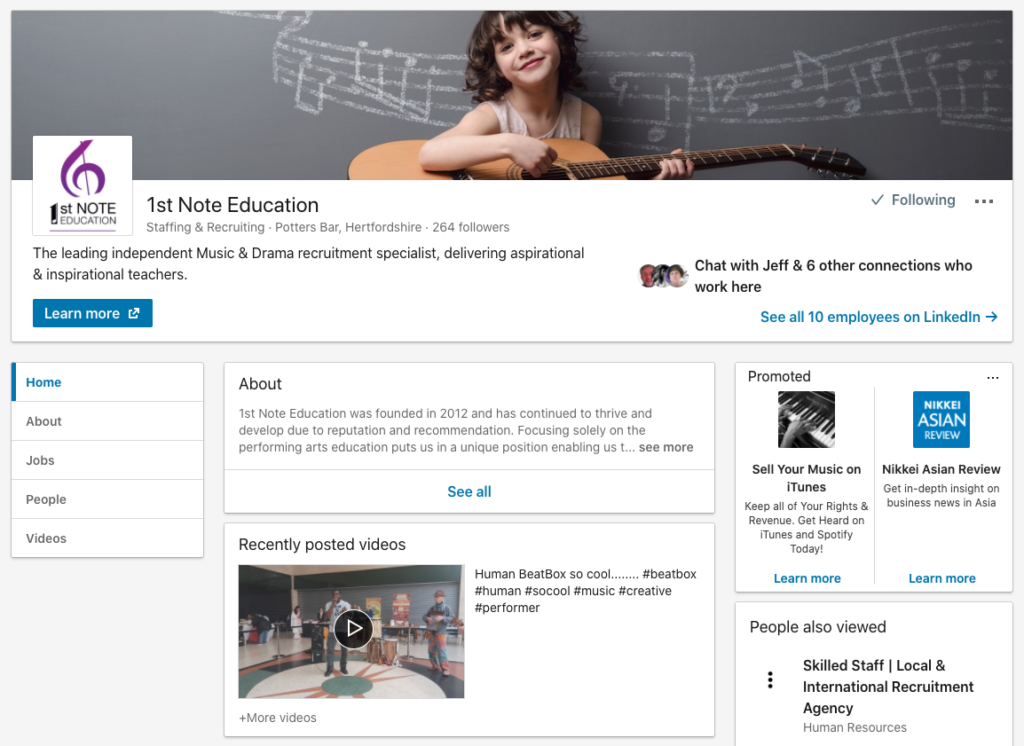It’s Official… Teaching is Voted in Top 5 Most Stressful Jobs!
(And top three on some sites!!)
“Six weeks off in the summer, two weeks off over Christmas, another two weeks off over Easter”… Hardly!! To say that teachers continuously have free time in the holidays is a great misconception!! The proof is in the pudding when PPA time and inset days are seen as a Godsend in the eyes of teachers. This is precious hours of school time rather than home time, that can be used for planning and marking. As mentioned in previous blogs, teachers begin their schooling day early. This involves getting into school whilst it is still dark out, and setting out the classroom, setting up the lessons, ready for the day to ‘hopefully’ run smoothly. The end of the day will include clearing up, packing away and struggling to catch up with left over work while you have the facilities and the peaceful environment to do so.
Where does it end for teachers though? Surely every profession is entitled to a break… right?
I have found an excerpt on totaljobs website, one of the UKs leading job search sites, whom voted teaching as one of their top five most stressful jobs to undertake.
Totaljobs top 5 most stressful jobs
Teacher
People joke about teachers having huge amount of holidays but actually this isn’t true. Teachers will often work through school holidays in order to prepare for the coming term.
Teachers face an enormous number of conflicting challenges ranging from problematic students to OFSTED inspections. People might think teachers work a short day but the reality is very different, and outside classroom hours they mark school work, complete paperwork and deal with numerous other pressures which aren’t always appreciated.
http://www.totaljobs.com/insidejob/top-5-most-stressful-jobs/ 
To couple with this extract, I have also found an article on TES website that goes into more detail of the horrors and stresses that teachers face on a day-to-day basis.
‘I hear of teachers crying on their kitchen floor because of the stress’
Teachers expect to work hard but should not be expected to devote every minute of their lives to their job, writes one union leader
I was speaking recently at a joint ATL/NUT meeting on childhood and adolescent mental ill health when I was silenced by a young man who told me that while he was very concerned about adolescent stress, he was even more worried about his partner, a primary school teacher.  Increasingly, when he came home from work, he found her crying on the kitchen floor.
Even more recently I heard of one young teacher who had, as a performance objective, the instruction that she must not cry in the staffroom. She did not know what to be more mortified about – that she had cried in the staffroom, or that her line manager could propose such an objective without any thought about what might cause her to cry in the first place.
Tales like these are told to me just too often. It seems that teacher stress is increasingly being regarded as par for the course and part of the job. A newly qualified teacher, asking for help to deal with an impossible workload which took up every evening until 11pm and all of the weekend, was told by her line manager ‚Äì”that‚Äôs the way it is in teaching”.
Well, it should not be that way. Teachers, as professionals, expect to work hard but should not be expected to devote every minute of their lives to their work. Teachers need time to relax, to pursue hobbies, to talk to their families and friends. They need time to be human.
In no other profession would this entirely reasonable view be contested. Teachers, however, too often are expected to sacrifice their health, their relationships and their happiness to the job. I speak to too many teachers who are exhausted from the constant stress of never feeling they are on top of their workload; who know that there is always something else to do. They never really relax, apart from a week or two in the summer holidays. Constantly on the alert for the next thing, struggling under the weight of impossible demands, they are leaving the profession in increasing numbers, often with no other job to go to, worn down and worn out by the voracious demands of their work.
The education system cannot afford to be so profligate with its teachers. At the moment England is in a perfect storm of rising pupil numbers, falling teacher recruitment and poor teacher retention. Official figures show that the country will need nearly 160,000 additional teachers over the next three years, to cope with a projected 582,000 rise in primary and secondary age pupils by 2020. If our education system is to meet this immense challenge, it needs to value its teachers as its most precious resource, and treat them accordingly.
School leaders could start by collecting data on what is happening in their school. How many hours are their staff working, and on what? ATL members complain about the hours spent on pointless bureaucracy which adds not one jot to the quality of their teaching or their pupils‚Äô learning. Over-elaborate lesson plans; triple marking (have you got your green pen to hand?); taking photographs of their pupils‚Äô practical maths work (to prove they have done some practical maths); stamping pupils‚Äô books with “verbal feedback given” (to prove that they have given verbal feedback). These activities are pointless and unprofessional.
They betray a worrying lack of trust between school leaders and their staff, and this underpins activities which are, frankly, a waste of time. In the end, school leaders who make these demands are acting unprofessionally – because their key role should be to lead effective teaching and learning in their schools. The activities I have listed above do not, in any way, characterise effective teaching and learning. They are a waste of teachers’ valuable time.
Mary Bousted is general secretary of the ATL education union
Want to keep up with the latest education news and opinion? Follow TES on Twitter and like TES on Facebook
 
Please feel free to share your views or even the stresses you have at school
Andy T
 









